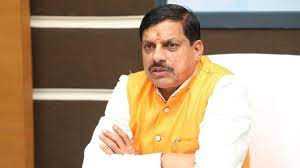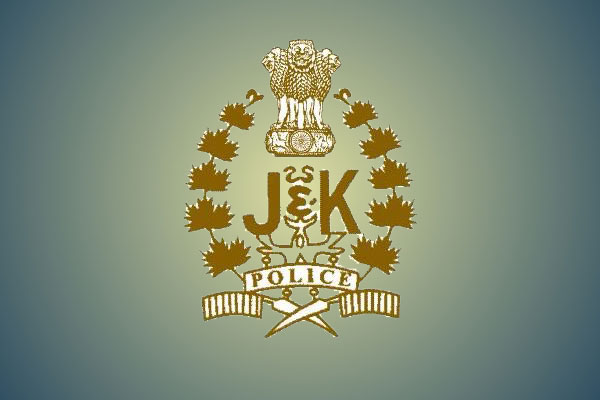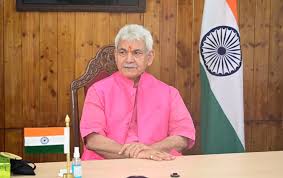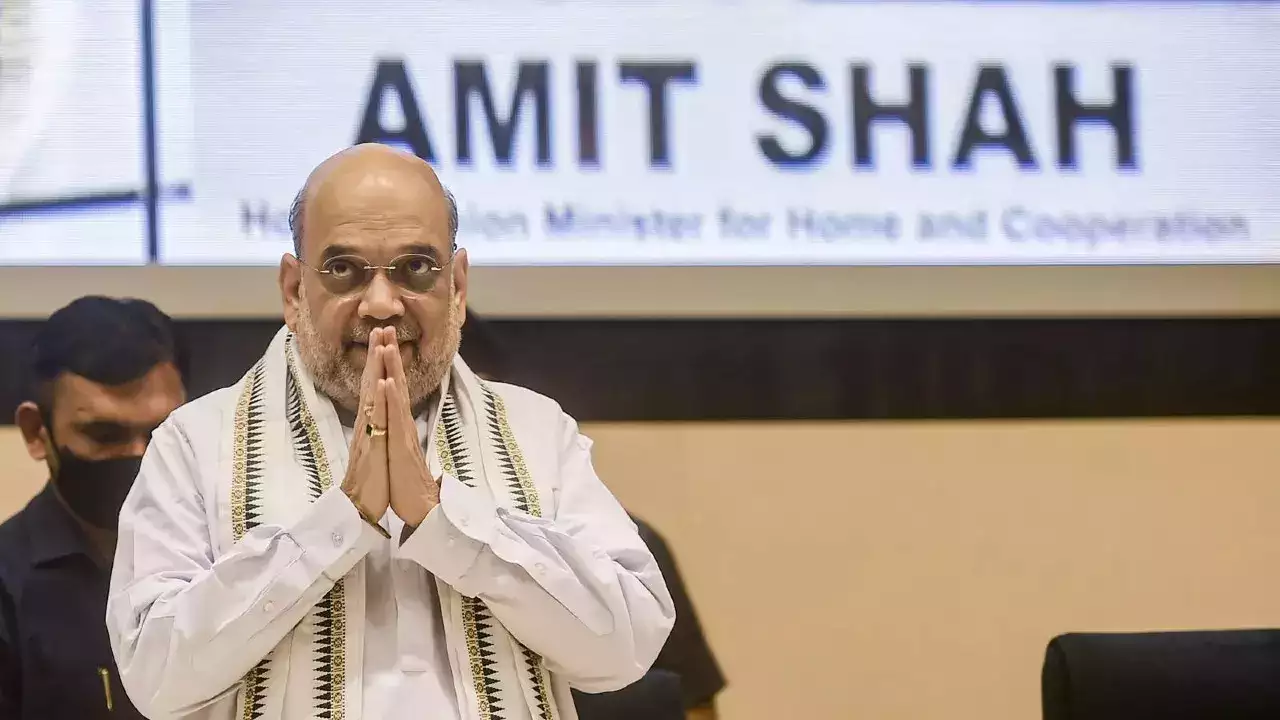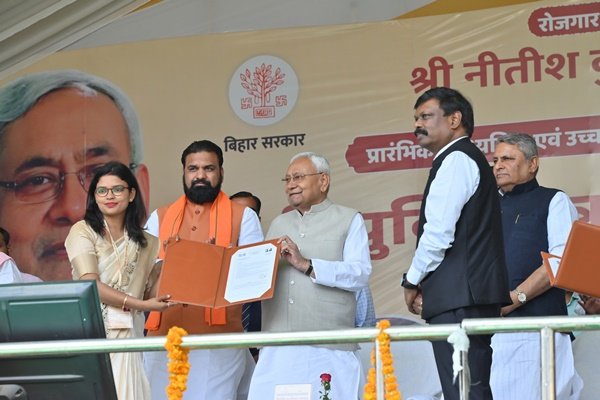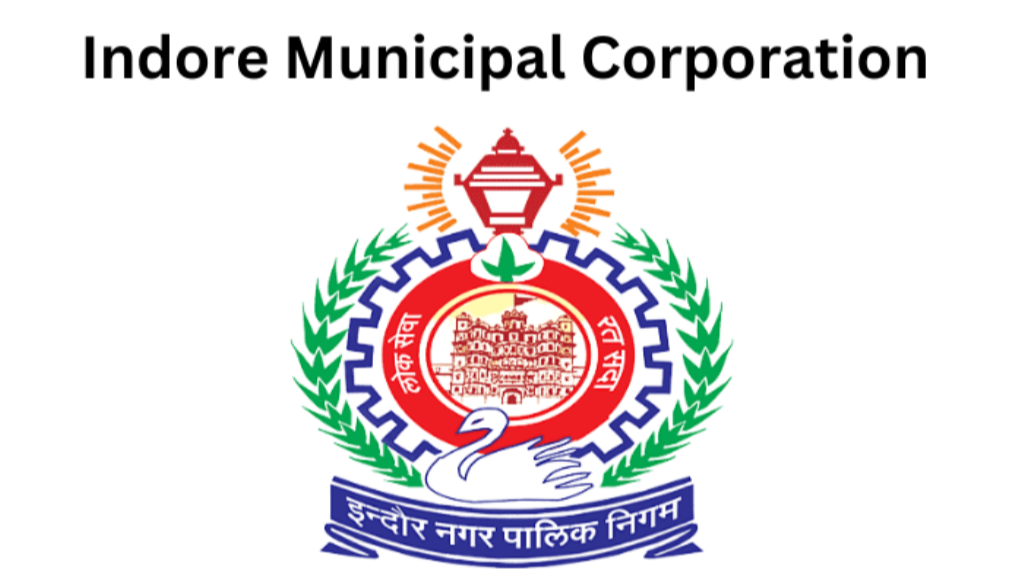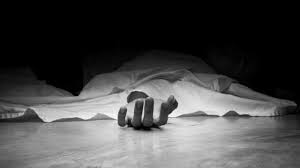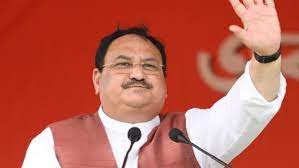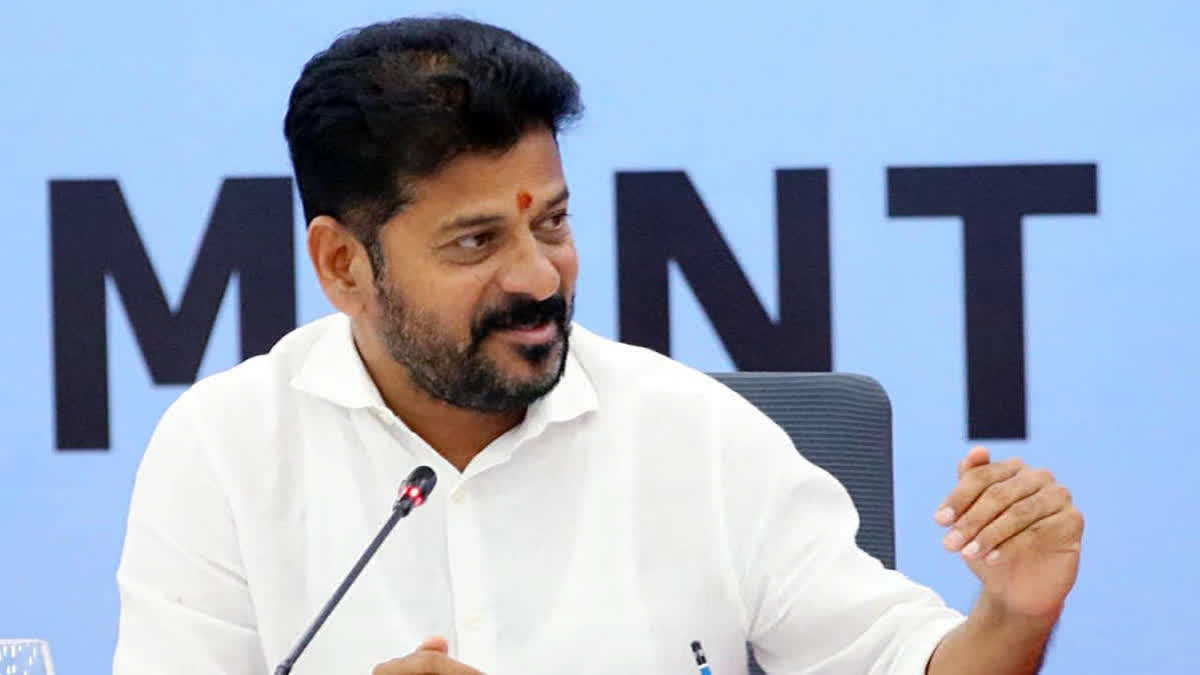Biden administration extends COVID public health emergency
Sat 15 Oct 2022, 11:44:04
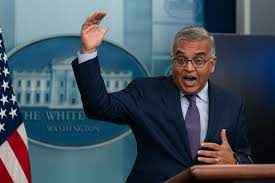
Washington: The Biden administration said on Thursday that the COVID-19 public health emergency will continue through January 11 as officials brace for a spike in cases this winter.
The decision comes as the pandemic has faded from the forefront of many people's minds. Daily deaths and infections are dropping and people many of them maskless are returning to schools, work and grocery stores as normal.
The public health emergency, first declared in January 2020 and renewed every 90 days since, has dramatically changed how health services are delivered.
The declaration enabled the emergency authorisation of COVID vaccines, testing and treatments for free. It expanded Medicaid coverage to millions of people, many of whom who will risk losing that coverage once the emergency ends. It temporarily opened up telehealth access for Medicare recipients, enabling doctors to collect the same rates for those visits and encouraging health networks
to adopt telehealth technology.
to adopt telehealth technology.
Since the beginning of this year, Republicans have pressed the administration to end the public health emergency.
President Joe Biden, meanwhile, has urged Congress to provide billions more in aid to pay for COVID-19 vaccines and testing. The federal government ceased sending free COVID-19 tests in the mail last month, saying it had run out of money.
Public health officials are urging people age 5 and older to get an updated COVID-19 booster alongside a flu vaccine this fall before a predicted winter coronavirus surge and a nasty flu season.
As of last weekend, about 13 million people had gotten the updated booster, which targets the omicron variant, according to White House COVID-19 coordinator Dr. Ashish Jha.
The administration has said it would provide 60 days notice before it ends the public health emergency.
No Comments For This Post, Be first to write a Comment.
Most viewed from International
Most viewed from World
AIMIM News
Delhi Assembly polls: Owaisi leads Padyatra in Okhla
Feb 01, 2025
We reject this Waqf Amendment Bill: Asaduddin Owaisi
Jan 30, 2025
Latest Urdu News
Most Viewed
May 26, 2020
Which team will win the ICC Men's Champions Trophy 2025 held in Pakistan/Dubai?
Latest Videos View All
Like Us
Home
About Us
Advertise With Us
All Polls
Epaper Archives
Privacy Policy
Contact Us
Download Etemaad App
© 2025 Etemaad Daily News, All Rights Reserved.

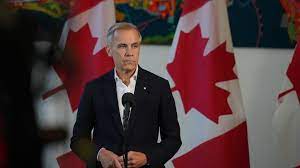
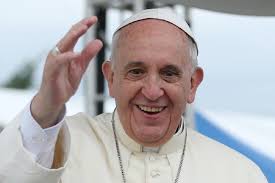

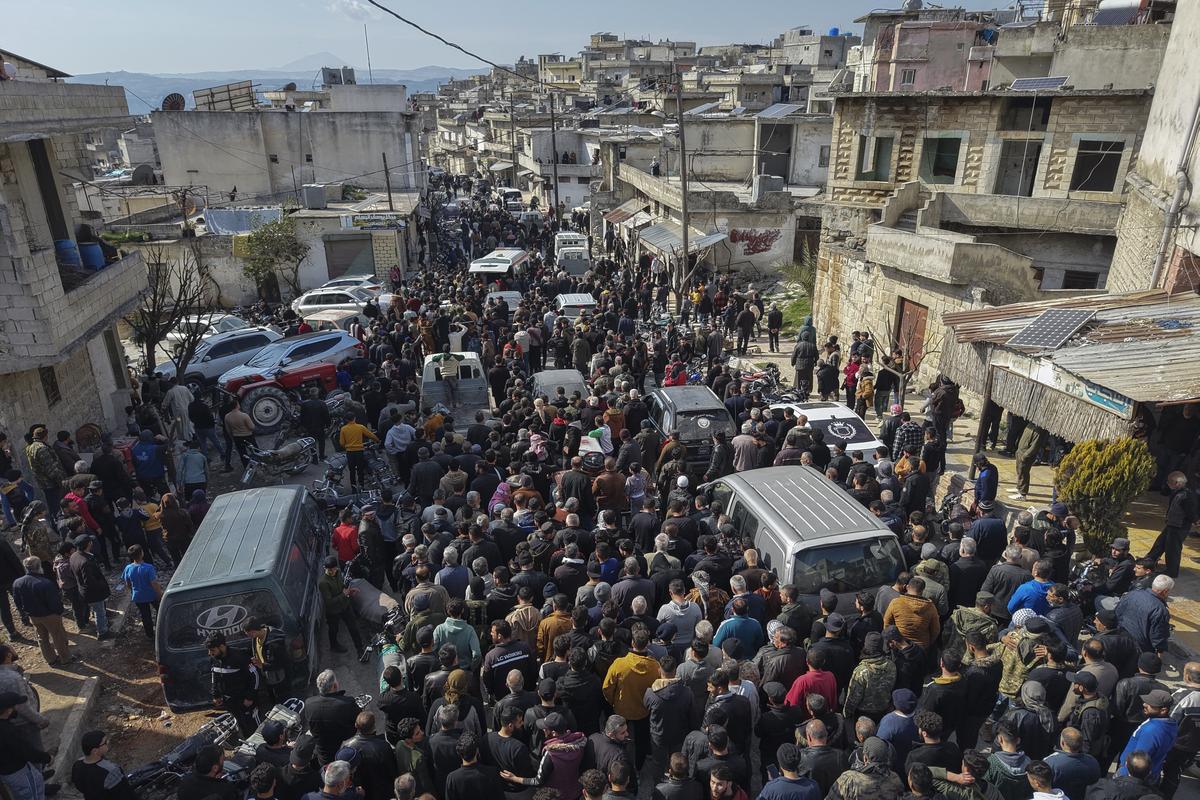

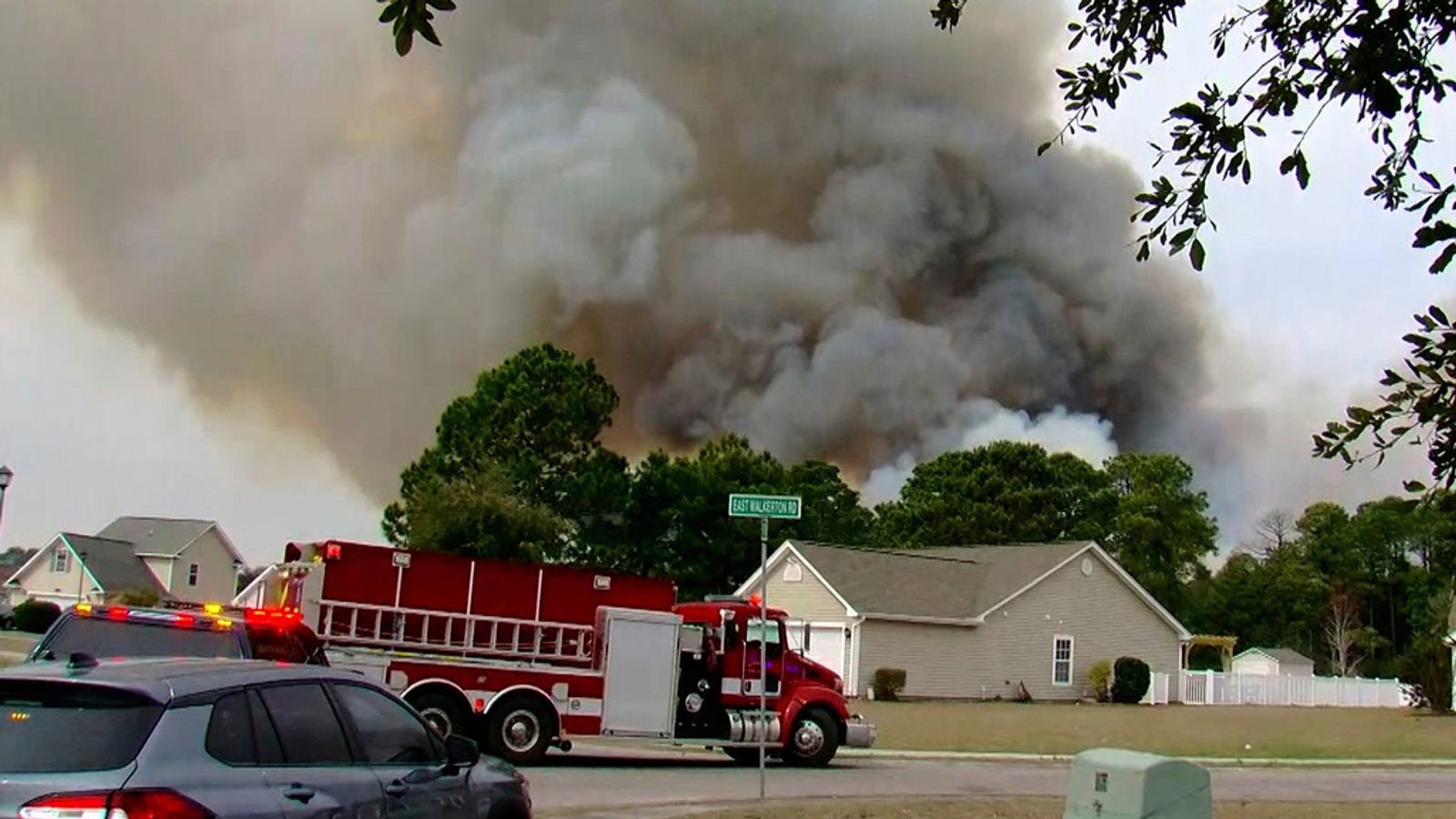
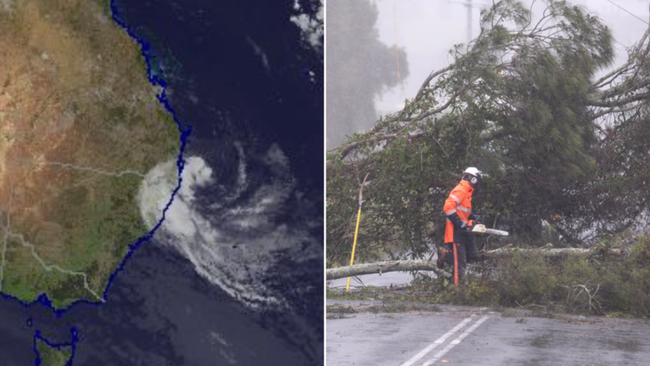
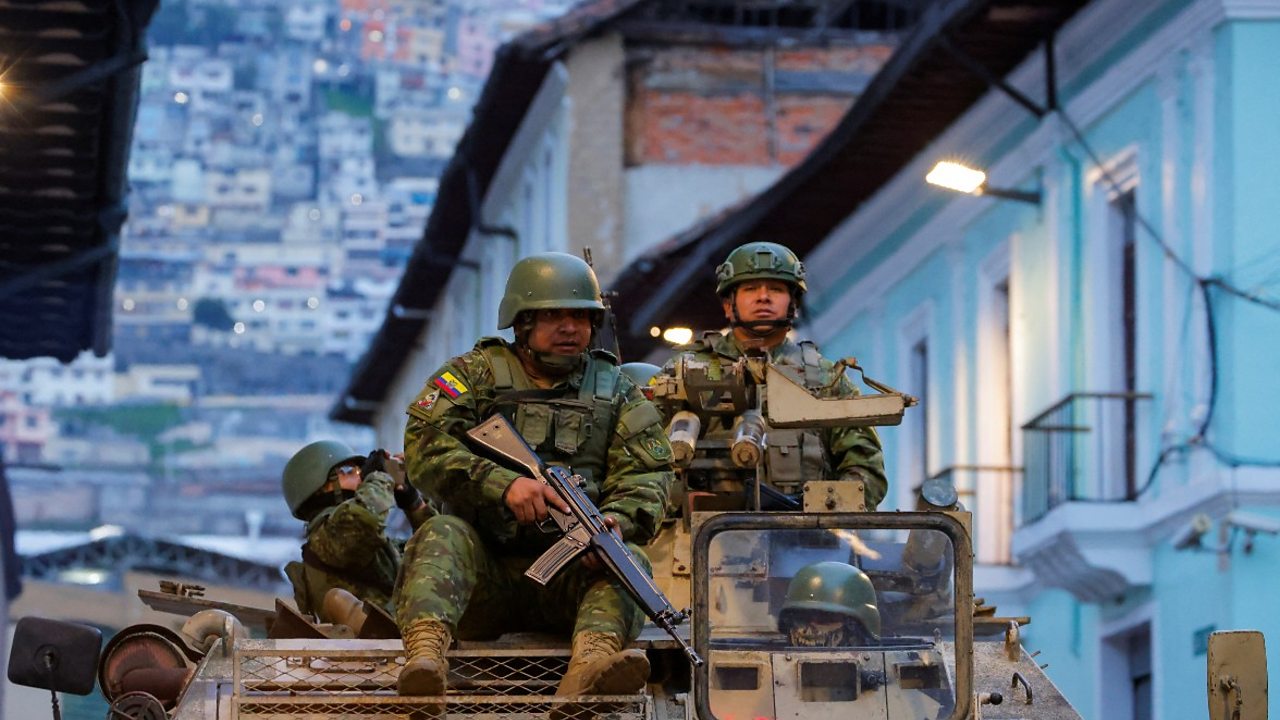
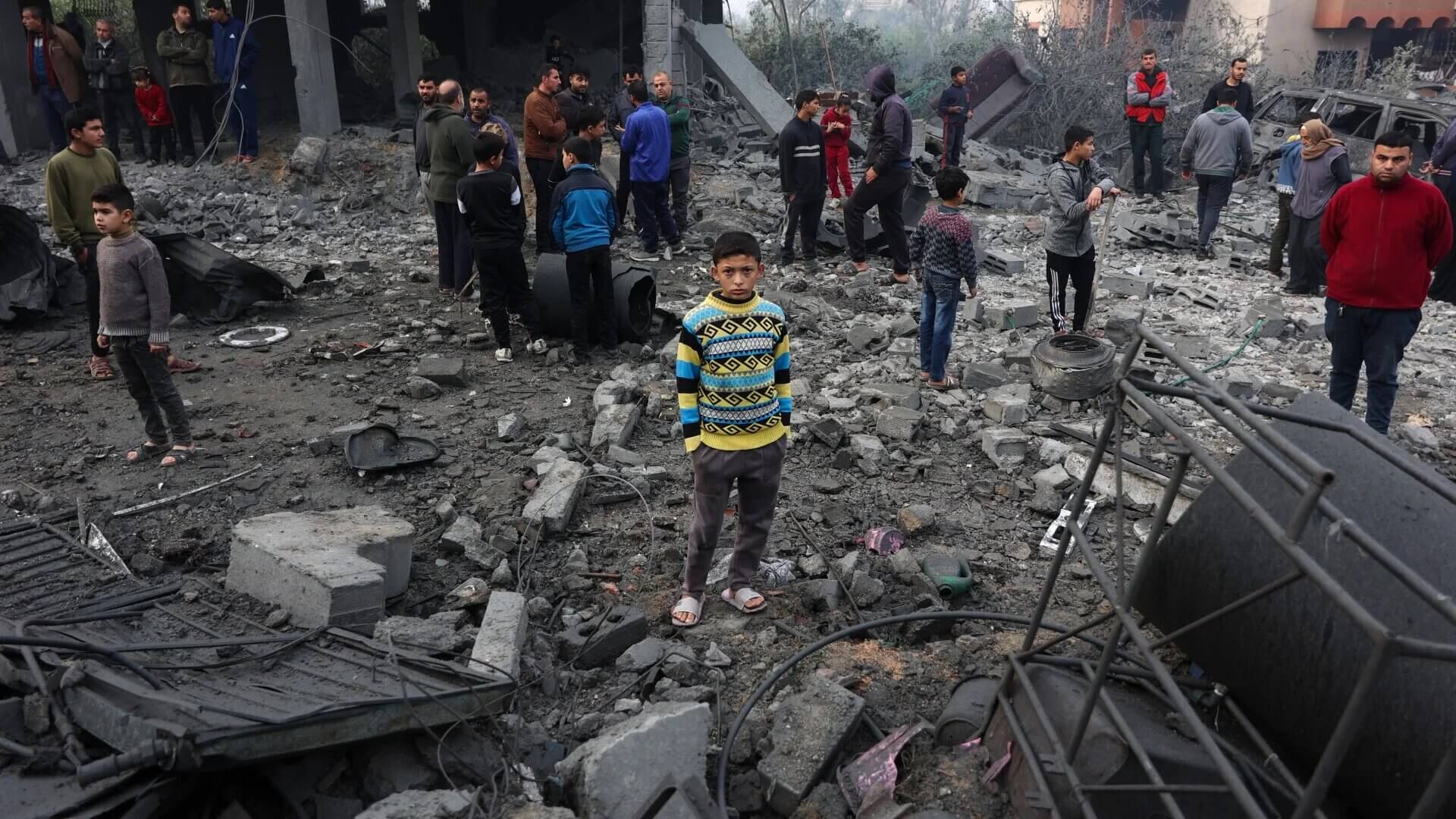
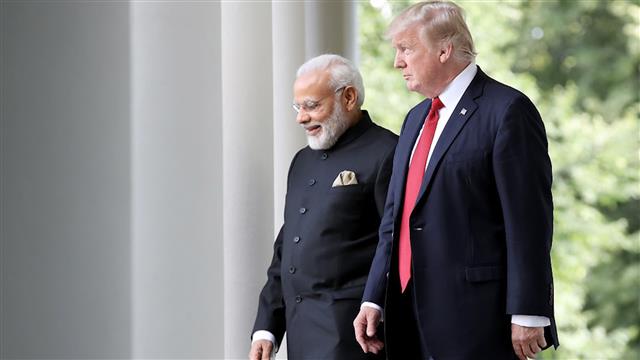
.jpg)
.jpg)



